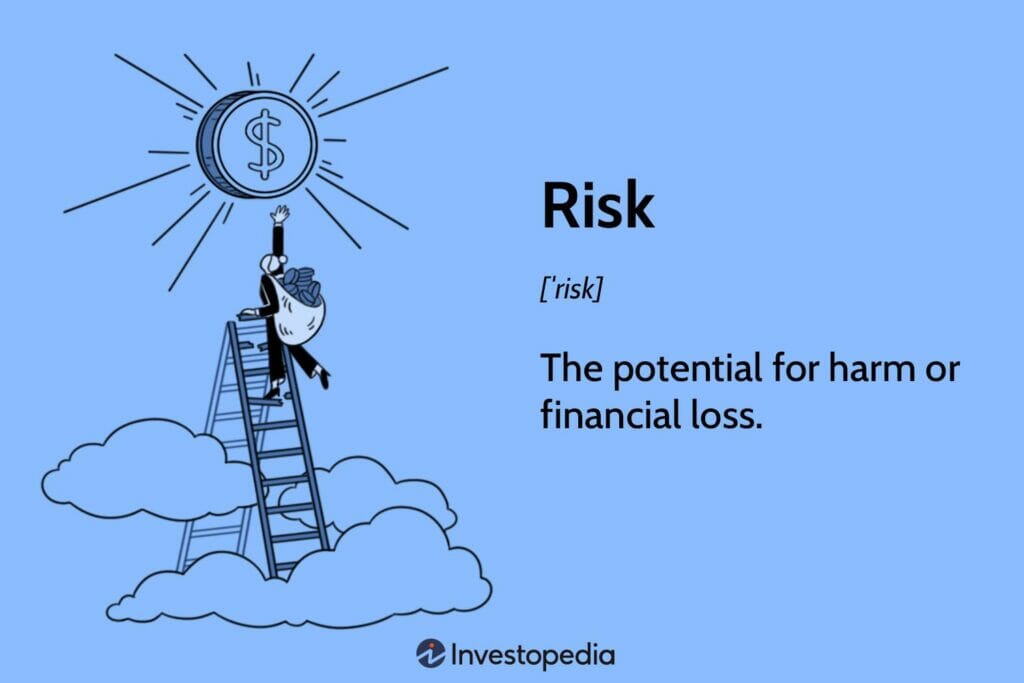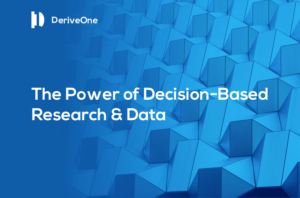A guest blog by Romi Mahajan
In her path breaking book “The Entrepreneurial State”, Marianna Mazzucato argues cogently, and with plenty of evidence, that the State is the key actor in technology innovation and development. We use the words “the” and “key” purposely- for four reasons:
1. The State creates and/or underwrites new technologies with a long-term view.
2. The State’s investment and ongoing incentives limit private risk.
3. There is no private investor that can compete with the State with regard to pool of available capital.
4. The State’s investments are not measured with the same ROI calculations and over the same periods.
One can go-on (and on) but these four parameters themselves make the case. Mazzucato isn’t alone in her analysis- most scholars agree- though her ideas might seem anathema to those in the technology sector who like to excessively laud private “innovation” and simultaneously lambast “government.” We can discuss this victory of Public Relations later. Here, we are interested more in understanding this idea as it pertains to the march to Commercially Viable Fusion (CVF).
Fusion has been underwritten almost exclusively the State. For seven decades, the quest for CVF has been ongoing. The carriage of Fusion has been characterized by fits and starts, but the overall vector has been positive. For many, the quest for CVF is seen as a bottomless pit of investment, but others see this as the standard manner in which science progresses- a sort of punctuated equilibrium of change. Each success and each failure begets something better.
While the State might be the key actor, there is no suggestion that private investment and innovation is unnecessary; it is in fact crucial. Private investment typically comes later in the game, when the infrastructure and basic science undergirding technology innovation has been developed. So too with CVF.
At some point in the innovation and development cycle, a sufficient critical mass of knowledge, talent, and advanced methods generates interest in the private sector and propels investment in the space. At this point, the punctuation can begin in earnest, as a variety of both competing and collaborative players strive to push the industry forward rapidly and with hope of private profit as well as public benefit. That’s where we are with CVF today. It’s indeed a heady era.
At this stage, with the efflorescence of interest and investment, firms in the CVF space must be willing to share, collaborate, and enhance each other. The stakes are high. An ecosystem must be built with intention.
Clearly, there are competing ideas, some more solid than others (forgive the pun.) Clearly, there are companies that will fail and some that will succeed. But, as with science, both successes and failures advance the industry.
It is our time.











